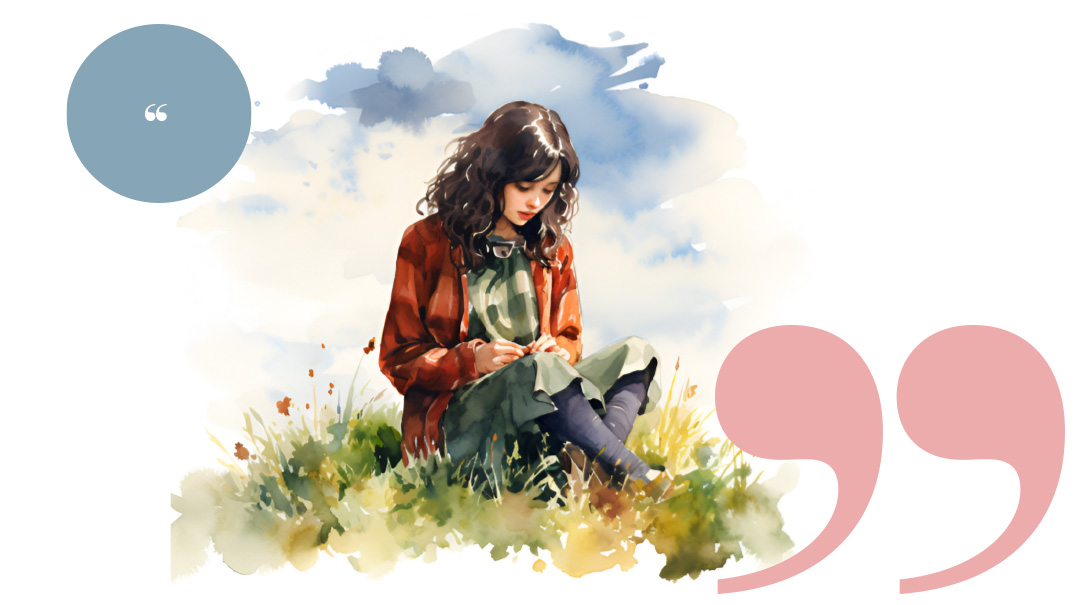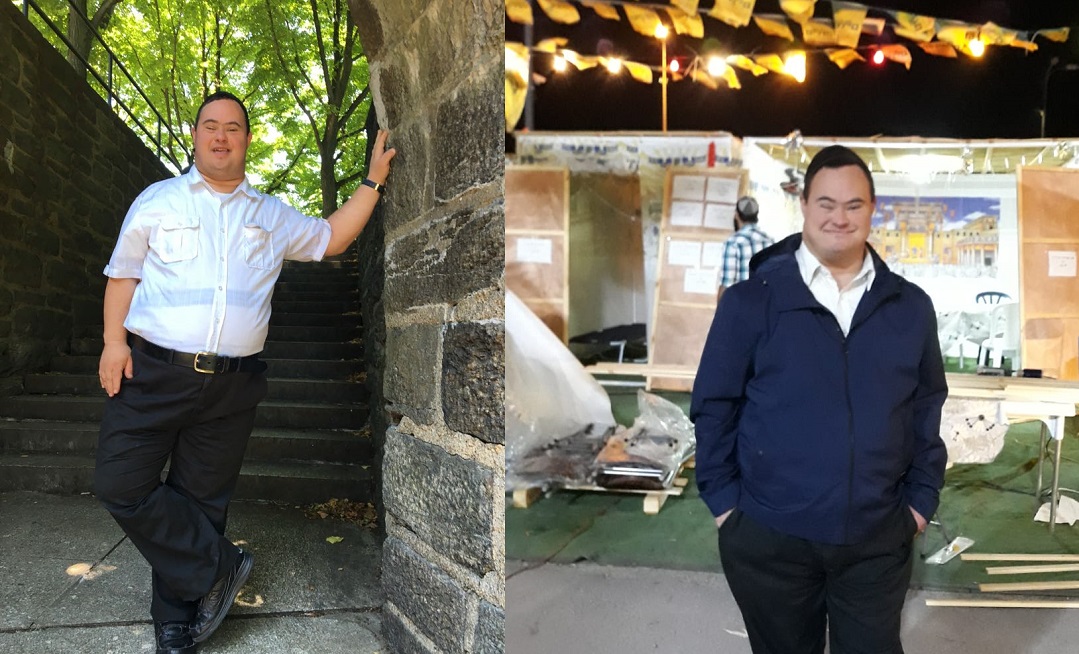A Taste of Success
| May 26, 2020While working on our “Impressions” theme, I found myself thinking about that cholent
"We really enjoyed your cholent.” The sweet newlywed we’d had for the Shabbos seudah was on the line. “Can you give me the recipe?”
“Sure. First sauté lots of onion and garlic…” As I spoke, my mind wandered to my own shanah rishonah.
My husband and I grew up in very different culinary environments — my mother was healthy way before it was in vogue and constantly experimented in the kitchen, while my mother-in-law had a classic weekly menu she repeated for years. There were many an evening when my husband would sit down for supper and say, “Um, looks delicious, but what is this?”
I appreciated his willingness to try roasted broccoli and curry, but wanted to make sure he’d love my cholent. I tried to be scientific about it. I asked him whose cholents he had most enjoyed as a bochur. He gave me the names of two families he’d gone to regularly.
I called the women, and they graciously gave me their recipes. Which, of course, were drastically different from each other. So then came the fun of trying to isolate which element of each made it a success. As different families invited us for Shabbos meals, we tasted other cholents we liked, and then I’d try to discover their secrets, too.
One family taught me to sear the meat before adding the other ingredients, another pointed out that using a can of baked beans instead of dried beans cuts down on prep and cooking time. One friend taught me to add a dollop of mustard, another suggested a small shake of coffee for color. It took over a decade, but eventually we created what we felt was the perfect cholent — an amalgam of the hints, tips, and kind advice of many families we felt close to.
While working on our “Impressions” theme, I found myself thinking about that cholent. We asked writers to track down women who’d impacted them years before, and share with them the influence they’d had. Women chose a variety of role models — there were the expected teacher and camp counselor, but there was also a neighbor who is a runner, and a Shabbos host.
Reading the pieces, I was struck at how our core selves are formed by the actions and examples of so many people. A roommate’s care with making brachos aloud may reverberate in our home 20 years later. A teacher’s off-the-cuff comment can shape the way we view an issue forever. A friend’s faith in the midst of hardship may serve as a beacon when waves of pain come crashing upon our own shores.
What was perhaps most striking about the theme was the fact that in most cases, the influencer had no recollection of the event or actions that had profoundly moved the observer. Some of them didn’t remember the women who were now coming to tell them you changed me.
We move through the world, often focused on the small sphere of those closest to us, never realizing how many people our actions may touch, how a comment or mannerism can travel through the years.
Naomi was so named because her actions were na’im, pleasant. Chazal tell us that this is what drew Rus to her, and, ultimately, to the Jewish People. And that gave us the forefather of Mashiach.
We sometimes yearn to make a difference, to leave our imprint upon the world. What we don’t realize is that even the smallest of acts may cause a ripple effect that can ultimately birth redemption.
Wishing you all a joyous kabbalas haTorah and a beautiful Yom Tov,
(Originally featured in Family First, Issue 694)
Oops! We could not locate your form.





